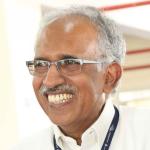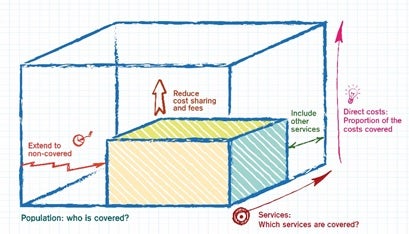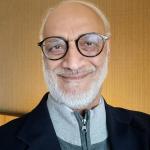Indo-Russian Defense Relationship Will Continue to Withstand Washington’s Displeasure

In March 2019, India signed an Intergovernmental Agreement (IGA) with Russia to lease another of its Akula-Class attack nuclear submarines (SSN). The nuclear submarine will join the Indian Navy in 2025, after a major refit of the hull in Russia’s Arctic port of Severodvinsk. India had earlier leased an Akula-class SSBN from Moscow in 2012. Rechristened as Chakra in the Indian fleet, it will continue to serve the Indian Navy until the commissioning of the new Akula submarine, most likely by 2025.







